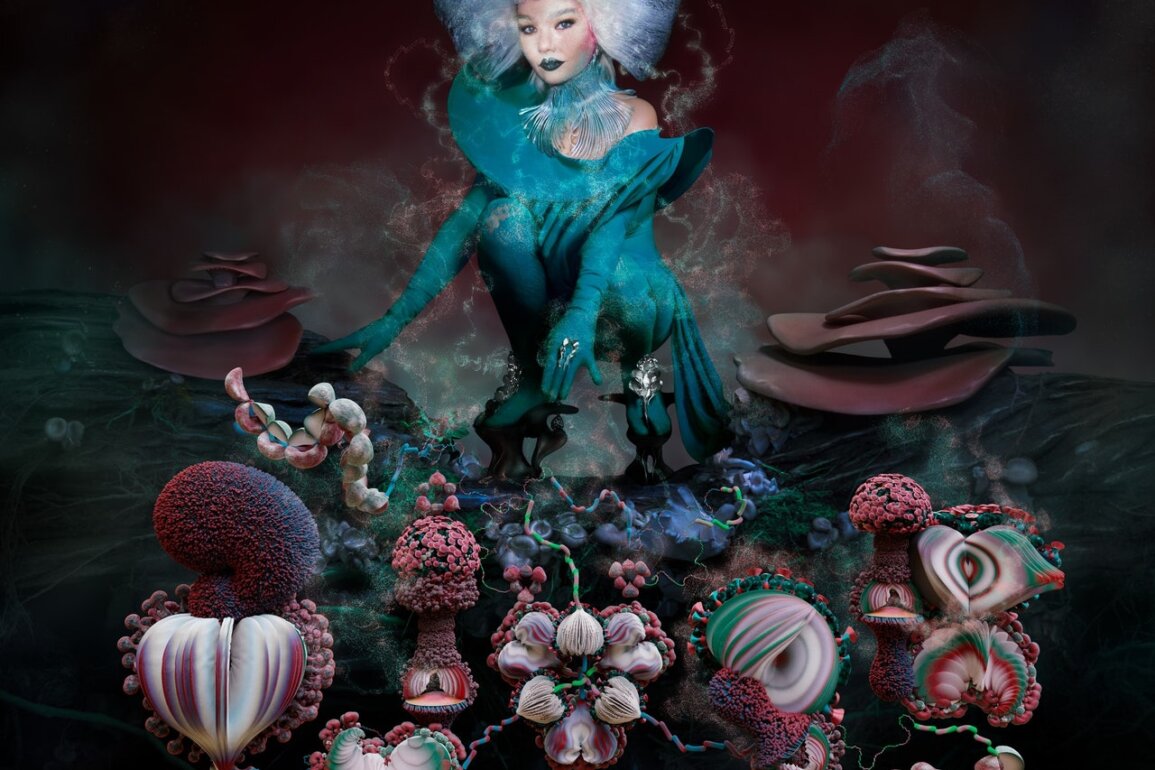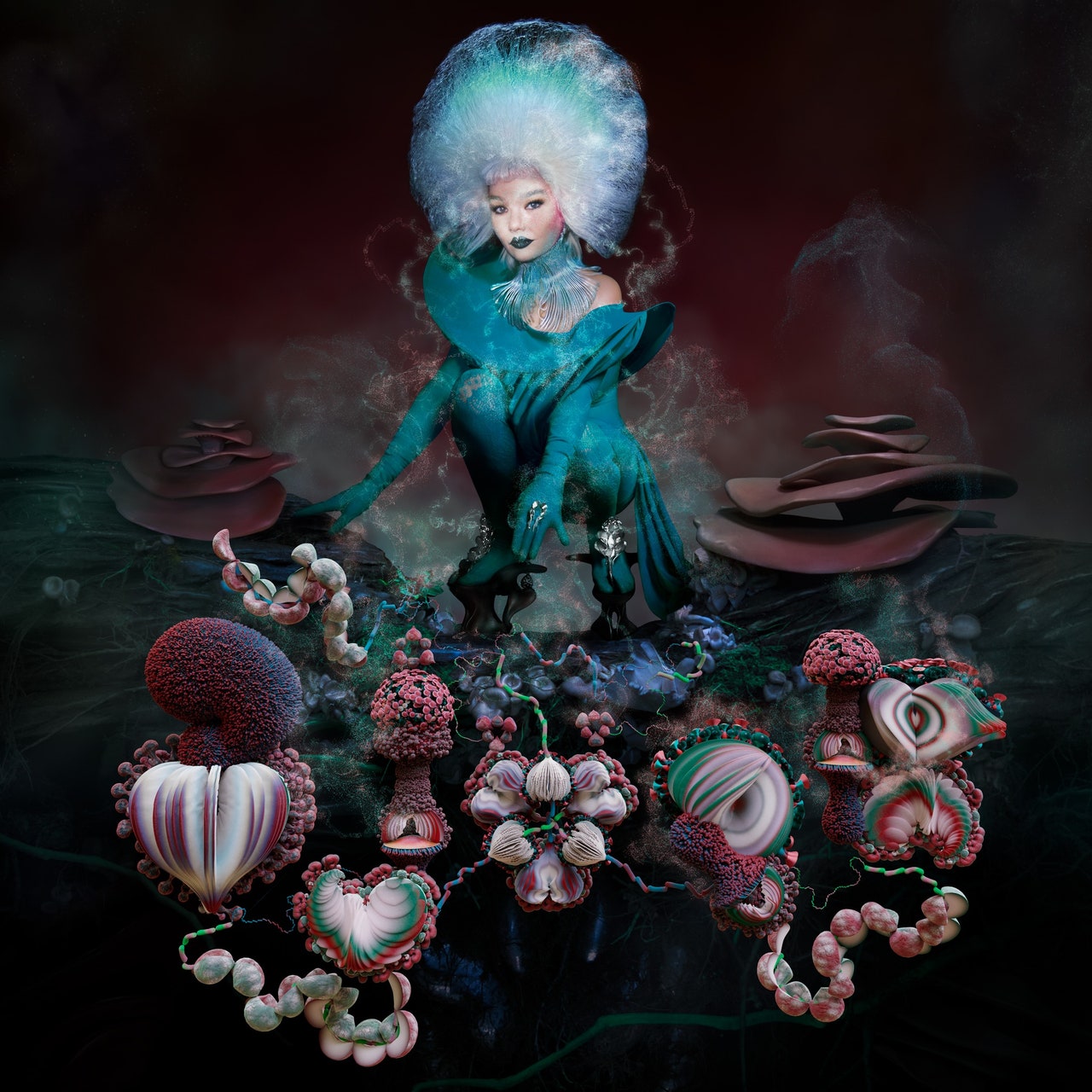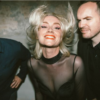I don’t know about you, but I find it immensely reassuring that Björk continues to think outside the box. The title does not have a capital letter…and that’s only the start of it. It’s nearly three decades into what has been a rewarding solo career (following the break-up of The Sugarcubes thirty years ago) for herself and her listeners and she has always managed to put unusual musical ideas right out there, with thoughtful considered lyrics. Her record label One Little Independent may have had a name-change but they have always been the right label for her. It’s hard to imagine what compromises she might have been forced to make had she gone with a major. She didn’t, and here we are with her tenth solo album. Rejoice!
That is not to say that it’s an easy album to get to grips with. Bjork has made albums that had an eye on the dancefloor, but those looking for an album full of hits or bangers (or whatever label ver yoof are using these days) should pick a different Bjork record. Whilst she doesn’t do concept albums in the way that some might understand it, there are themes running through this record. Fossora is derived from the Latin for “digger.” This is an album that focuses on the earth and earthiness: life and death, pleasure and pain, romantic and parental love. At once, typically Björk and yet like nothing she’s done before.
She collaborates with her son Sindri on the track ‘Ancestress‘ which was written as a tribute to her own mother, activist Hildur Rúna Hauksdóttir who died in 2018. Both this and ‘Sorrowful Soil” (this album is very connected with her home country of Iceland) talk about her mother in a way that is moving without being sentimental or trite. Even just written down this excerpt from ‘Ancestress‘ -‘the machine of her breathed all night while she rested/revealed her resilience -and then it didn’t’ is yet a reminder of how Bjork can connect so deeply with human emotion in a way that few others can.
And, of course, the album looks at how we connect to the earth and those on it. The fantastic album opener ‘Atopos‘ – just her voice, beats and bass clarinets (six of the latter) is utterly evocative even before we consider the lyrics. The idea of not connecting is not yet another diatribe about technology actually taking us further away from other people, but imploring people to look upwards – and outwards. Björk has spoken about mushrooms a lot in conjunction with this record – not so much in terms of hallucinogens but how they pop up everywhere, unlike a tree, which has more fixed roots. This might seem like a strange analogy – but wait until you hear the record (you’ve got this far, you were going to, right?) and it starts to make sense.
If this sounds heavy going, it isn’t, not really. Sure, you may not get your head around this album on first listen. In a world where so much popular music (in this case, that which is around us) is so often centred around the conventional, much of this on first hearing is the shock of the new (unless you’ve been permanently rooted in the avant-garde). Yet it’s a carefully considered album of great beauty. The four singles that have been released ahead of the album – including the rather lovely title track – have given an insight into the album, but hearing it all together as nature, well, Björk intended is fantastic.
Album closer ‘Her Mother’s Heart‘ sees Björk collaborate with her daughter Ísadóra Bjarkardóttir Barney and signing off with a lullaby that puts forward the idea ‘The more I love you/the better you will survive.’
You will probably want to play this a number of times, firstly to get yourself into the headspace, and then to appreciate what a truly special album this is, even by its creator’s very high standards. Time well spent.





